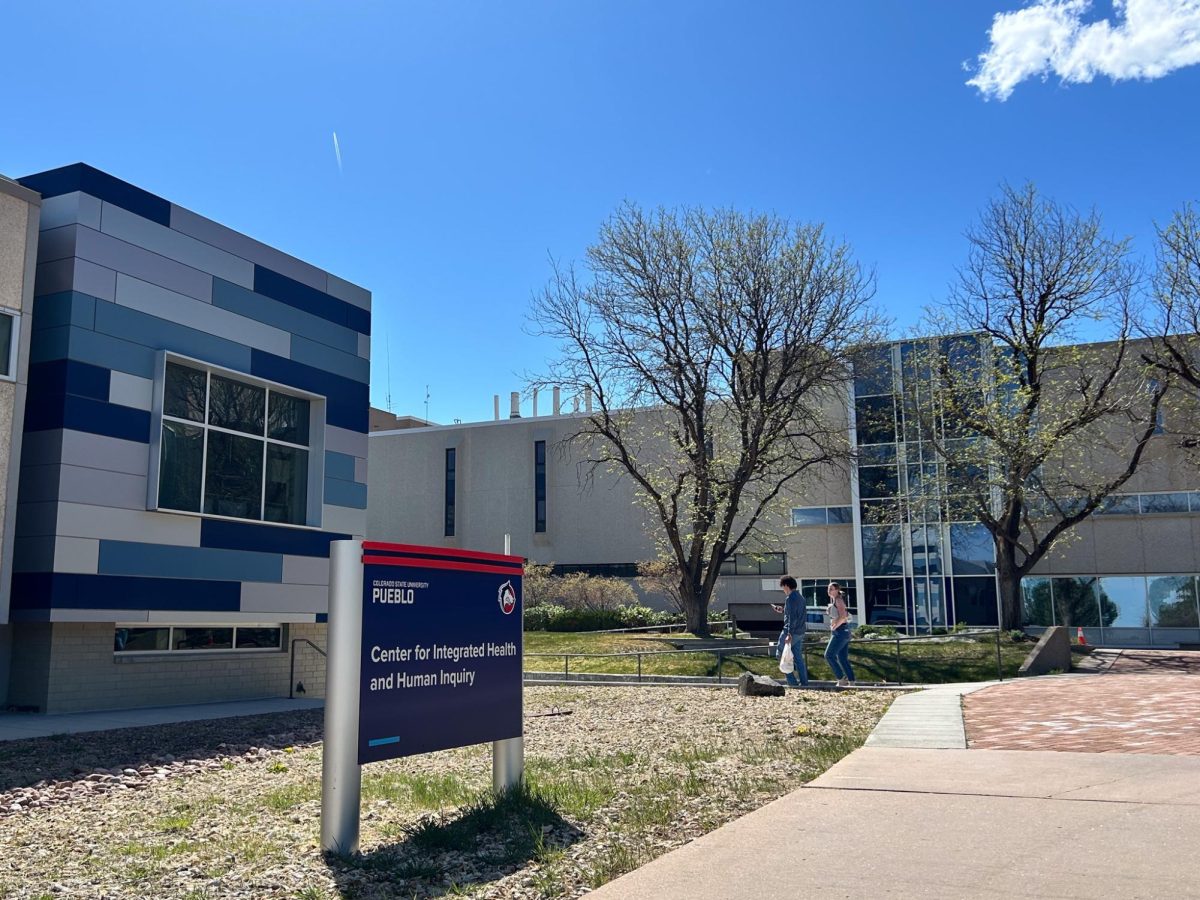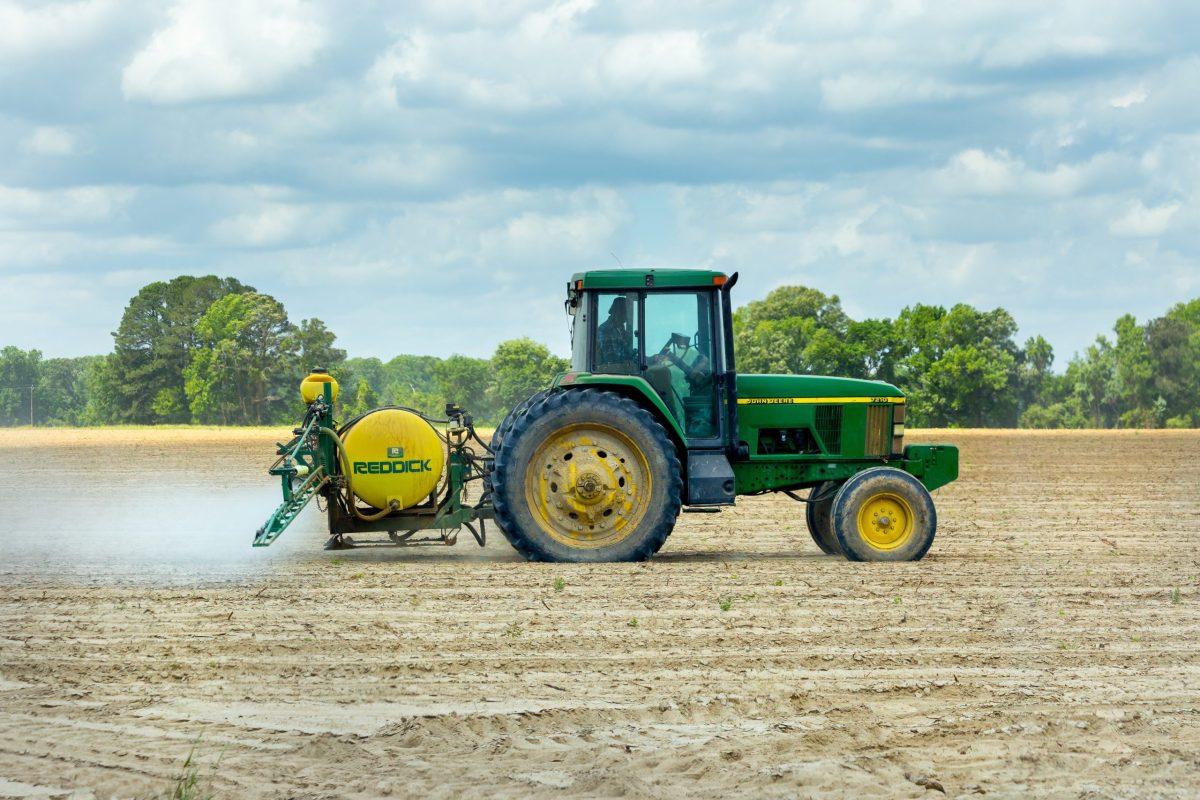By: Hailee Langowski
Colorado legalized medicinal and recreational cannabis in 2000 and 2012, respectively. On Jan. 1, 2014, the sale and consumption of cannabis became legal. Anyone over 21 can buy recreational cannabis.
The legalization of recreational cannabis usage is still a hot topic in local and national politics, as are hospitalizations and substance misuse due to the high THC content of today’s recreational cannabis products.
Two local doctors spoke up about the impact of recreational cannabis on mental and psychical health in Colorado.
Dr. Libby Stuyt is a board-certified addiction psychiatrist who retired from clinical practice in 2021 but continues to study medical research. She teaches and trains in NADA 5-point ear acupuncture for trauma and mental health. She also speaks publicly on issues with high THC cannabis in Colorado.
Stuyt believes the present cannabis market is dangerous due to high THC content. She believes cannabis should have a potency of 10% or less, as lower THC potency has fewer mental and health concerns. Yet that doesn’t exist for recreational sale.
Cannabis oils and concentrates have enhanced the strength of recreational cannabis to above 90% without any regulations, Stuyt said. In her opinion, the most significant health concern is addiction.
“When I first started practicing 30 years ago, we didn’t think [cannabis] was a big thing. People weren’t that worried about it, but it was low potency. The way you increase the addictive potential of a drug is to increase the potency,” Dr. Stuyt said.
She said using cannabis as an adolescent with THC potency exceeding 10-15% increases the risk of addiction.
Psychological and behavioral issues associated with high potency cannabis are addiction, dependence and withdrawal. Psychosis includes schizophrenia and mania.
Stuyt has treated addiction patients with cannabis-induced psychoses such as delusions, hearing voices and seeing subjects no one else can see. She said cannabis causes more psychoses than methamphetamine. Cannabis-induced psychoses can lead to schizophrenia if not treated.
Dr. Roberts, a medical officer with the Pueblo Department of Public Health and Environment, addressed Colorado’s experience with recreational cannabis and the detrimental consequences on individuals’ lives.

Those consequences include increased risk of heart attack or stroke and car accidents, among others we are still learning about. Suicide, psychosis and drug abuse are significant concerns.
The lack of consistency in cannabis products’ chemical makeup and studies outside of the government’s categorization has delayed research progress.
Roberts believes cannabis usage is harmful to one’s mental health. Recreational cannabis use has been associated with psychoses, increased suicidality, difficulties concentrating and lack of mood regulation.
Constant high-potency THC use has increased hospitalizations dramatically for cannabis hyperemesis syndrome (retching, vomiting, and gastrointestinal pain), Roberts found.
Was the opioid crisis related to recreational cannabis or other drug use?
“Causation is always difficult,” Dr. Roberts said. “Looking at drug use trends at time periods of cannabis use, it appears likely that substance use, in general, has starkly gone up.”
Dr. Roberts reveals that cannabis use impacts various substance misuse indicators.
Many studies – including brain structural and functional MRI investigations and epidemiological studies – link cannabis use to increased substance abuse and dependency risk.
Dr. Roberts says cannabis products in the 1990s contained around 5% THC but currently have over 20%. Dabs (heated cannabis concentrate and inhaled) contain up to 90% THC. Dr. Roberts feels this is a significant increase over the “old” substance, producing new cannabis-related health risks.






![Graduates await the chance to walk across the stage and receive their diplomas, May 7 at the ThunderBowl. [Today photo/Brenden Vigil]](https://socostudentmedia.com/wp-content/uploads/2022/05/IMG_3565-scaled-1-1200x674.jpg)













